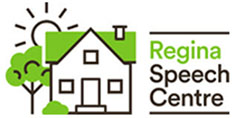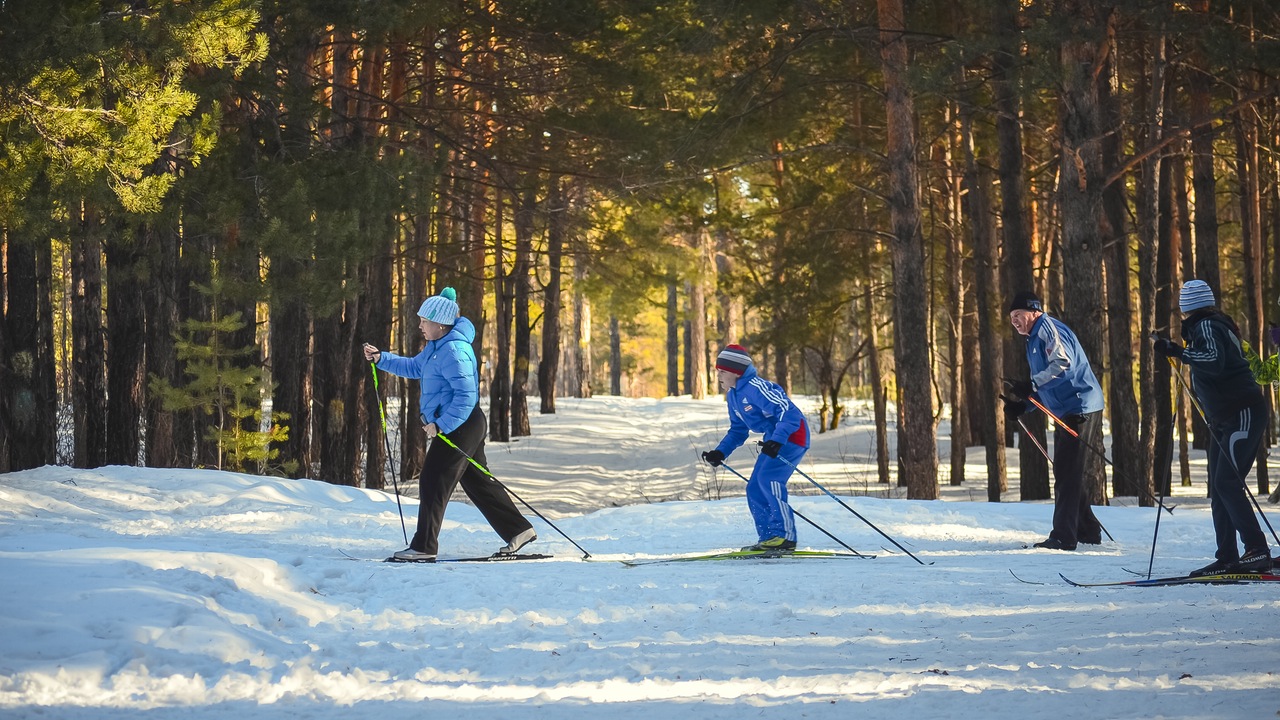I was recently sitting with a friend and reminiscing about our outdoor adventures in childhood. She shared a story about summers at the lake where she and her cousins (age 5 to 12) would load up the canoes with knives, saws and wood (and bandaids!) and paddle across the lake as a group. There, unsupervised, they spent hours building forts in the bush. We couldn’t help but find ourselves saying; remember when? Remember when we would spend hours outside by ourselves; remember when our parents trusted us to play unsupervised… Why don’t we let our kids do that??? Are our children missing out with the lack of unsupervised play? What are the implications for our children’s overall development now that we don’t let them explore unsupervised?
As speech language pathologists, we hold extra knowledge and expertise in language and brain based language learning. However, I feel it’s my job to know more about how all of the developing systems interact and how we can use other areas of development to improve speech and language (such as how movement can increase vocalizations). I am also fascinated by the growing body of research on movement and children, including the reduction in movement, free play and risky behaviour of children and how this links to changes in child development. Academics, researchers and policy makers are promoting the benefits of risky play.
Recent studies have begun to draw strong links between children’s movement, development of gross motor skills, and its opportunities to develop and change language (Journal of Child Language. Vol. 37. Issue 2, March 2010. Author: Jana Iverson). This really makes me ask, that if children are moving less, is it impacting language development? When it comes to older children there is a broad body of research telling us that children are moving less than they ever have, engaging in less unstructured free play, and engaging in less risky play. It is only natural we want to protect our children and keep them safe from harm, but limiting our children’s exploration just to keep them safe may have more of an impact then we know. Your brain is wired to seek out the movement it needs to function. Children begin taking risks in movement (climbing trees or jumping off of couches etc..) when they begin to develop the muscle strength and coordination to do it. Young children jump on and off of things when they are seeking that movement through space. This is sending information to their brain to help them develop their vestibular (movement in space) system, but guess what else it activates; your auditory nerve!!! The same nerve that sends information to your brain about your movements also sends information to your brain about what we hear. I can’t help but draw a line between our children who are moving less, therefore attending to what they hear less, and the implications this would have for their speech and language development. If children move less, it would seem that they will focus and attend to things they hear less. Would this not have a direct implication to their language development?
Sensory processing difficulties occur when your brain has trouble filtering, organizing and interpreting information taken in by the senses. This can cause extreme reactions to sensations like bright light, noises, smells, tastes and textures. There really has been an explosion in past years in the understanding and recognition of “sensory” processing difficulties in children. No one really knows why, but some experts guess this is because there are so many more children who are developing different sensory motor systems than before. The theory is that the more we restrict children’s movement the less they know how to deal with the sensory input. I have spent a significant time in schools and have been doing this job long enough to hear the never ending chorus of “students are different now”: they are less attentive, have poorer movement and so many more have speech and language delays. While the reasons are obviously complex, I feel more and more research is pointing to all of these links between changes in movement and exploration must be felt along the line somewhere. Perhaps we are feeling it in children’s ability to listen, respond and develop language appropriately.
“What infants are specifically exposed to and learn about matters. HOW they are exposed to, and learn about the things of the world matters. EVERYTHING that you know, and do, is a product of brain plasticity. In an infant, IT ALL COUNTS.” In other words, differences in how children experience the world CHANGES kids. Is it for the better or worse, no one quite knows.
So, spend a little time thinking about letting go and allowing your children to engage in some of that risky play that makes us all hold our breath as parents. Perhaps you won’t just be impacting their physical fitness, strength and coordination, but you may be improving their listening skills, focus, attention and problem solving as well! Since we are smack dab in the middle of winter and approaching February break, here are some ideas for winter fun, movement and exploration that will give your kids a chance to problem solve, move and get all areas of the brain firing.
Sledding: Fast movement through space helps with the vestibular (balance) system, and fires the auditory nerve.You get lots of information through your joints (proprioception; the awareness of the position of your body) as you crash off of the sled, or have to drag the sled back up the hill. Proprioception is calming and gives your brain information about where your body is.
Building a snowman: Figuring out how to create the snowballs and organizing them by size are amazing problem solving opportunities.You get great pushing and pulling through your joints as you push the snowballs and pile them up. Climb a tree and find the stick for the arms and jump down into the snow. This will activate your vestibular (balance system) and the crash will give you lots of proprioception. Not to mention the problem solving required figuring out how to get the branches.
Build an outdoor snow slide or luge: Again problem solve how the build and how to create the best track.The shoveling will give you lots of physical exercise and proprioception. If you build a really fast one you will get your auditory nerve and vestibular system firing as you move quickly along the track.
Find a snow mountain to slide and roll down, or create one: The climbing is great core strength which helps support your speech muscles! All that heavy work is great proprioception which helps you calm and know where your body is in space.The sliding or rolling will activate your auditory nerve and think of the great problem solving if you have to create your own mountain!

